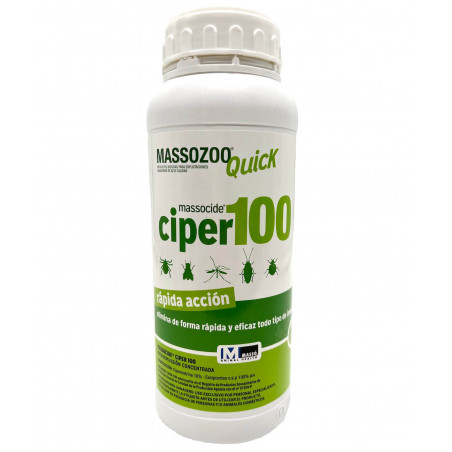The objective of this study was to investigate time and temperature combinations sufficient to inactivate porcine epidemic diarrhea virus (PEDV) in swine feces on metal surfaces similar to what is found in livestock trailers after fecal and other organic matter has been removed by scraping and sweeping. Combinations of time and temperature evaluated represent possible options for trailer decontamination when washing and disinfecting are not possible.
Seven treatment groups representing different combinations of time and temperature were evaluated. Five ml of undiluted PEDV-positive feces (or negative feces for the Negative Control group) was spread evenly on the bottom surface of a 6 inch by 6 inch aluminum tray with 1 inch sides, made to replicate a trailer floor. Following treatment the feces was re-collected from the tray, diluted and passed into PEDV-negative 4-week old pigs via oral-gastric tube. These pigs served as a bioassay to detect the presence of infectious PEDV. Pigs were monitored for clinical signs consistent with PED and fecal swabs were collected on days 3 and 7 post-challenge. Swabs were tested via PEDV RT-PCR.

Results suggest that it may be possible to inactivate PEDV in the presence of feces by heating trailers to 160F (71ºC) for 10 minutes or by maintaining them at room temperature (68F, 20ºC) for at least 7 days. The other combinations of time and temperature evaluated (145F10M, 130F10M, 100F12H and 68F24H) were not sufficient to kill the virus as at least one pig out of 4 was infected.
The investigators do not propose that this is a preferred alternative to thoroughly washing, disinfecting, and drying trailers after hauling PEDV-positive animals. Rather, this work demonstrates the value of possible alternatives when proper washing and disinfection absolutely cannot be accomplished as a means to reduce the risk of transmitting PEDV between groups of animals.
Paul Thomas, Derald Holtkamp, Locke Karriker, Alex Ramirez, Josh Ellingson, Jianqiang Zhang. AASV.
http://www.aasv.org




